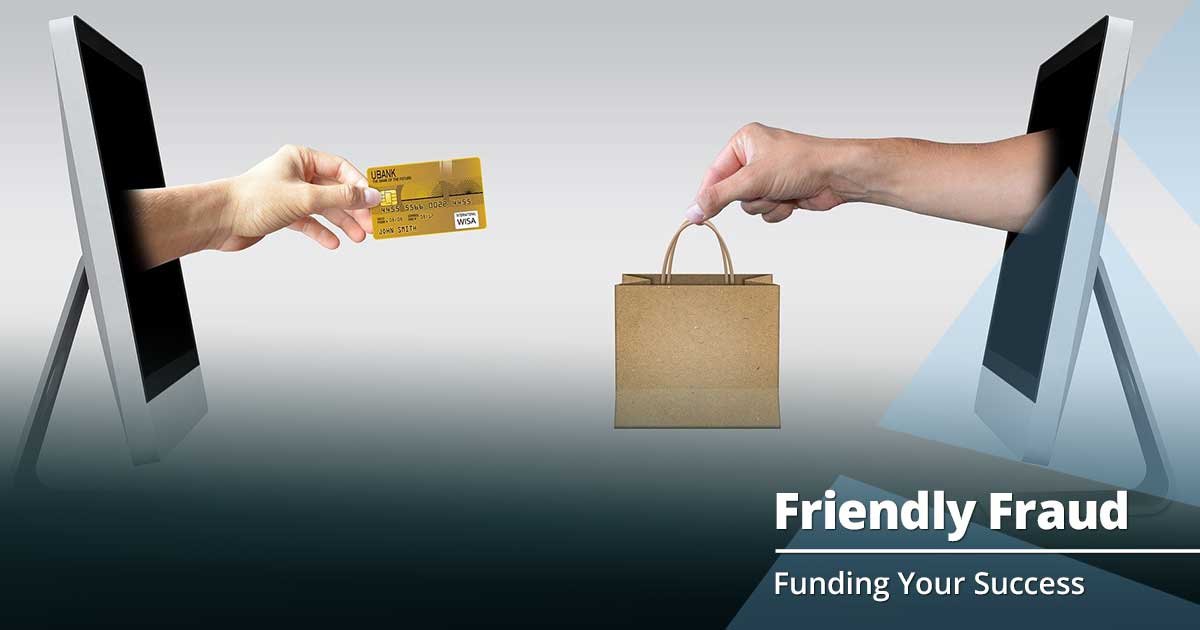Friendly Fraud and How to Avoid It

The rise in ecommerce and delivery services—much of which can be attributed to the COVID-19 pandemic—has also brought an increase in some bad consumer behavior. Friendly Fraud, a kind-sounding term for something not-so-kind, is on the upswing. Commonly known as “chargeback fraud,” friendly fraud happens when a consumer makes a purchase with a credit card and then disputes the charge with their bank, even though they actually received their product or service. The customer gets their money back, and many times the merchant has to cough up the cash. There’s a high price to pay for chargebacks, and it’s particularly difficult on small businesses. In this post, we’ll cover some ways you can work to avoid this type of scam at your business.
Preventative measures to keep friendly fraud from wreaking havoc on your business can vary in scope. Implementing payment security tools during the checkout process online is one way to tackle it. These tools verify that the person making the purchase is the actual owner of the card—which can go far in battling scammers who claim they didn’t make the purchase they actually did. Payment authentication is defined by EBANX as “the process of confirming a customer’s identity through at least one of the following authentication factors: knowledge, inherence, ownership, and user location.” Security questions are one type of authentication method, however the answers to these can be easily guessed by friends or third parties. The “ownership” factor is more secure method that includes tokens, one-time passcodes, or certificates.
For restaurants in particular, friendly fraud has come in the form of customers claiming they haven’t received their food delivery. To mitigate, you can start by taking pictures of every item in the delivery order before it hits the road, and send a list of these items to the customer once it’s delivered. If the order is pricey (think catering orders or high-ticket seafood), require they be picked up in person.
When it comes to friendly fraud and unwarranted disputes, it’s critical to capture as much information as possible to use as evidence in your favor.
As many as 83 percent of those who commit friendly fraud become “repeat offenders,” according to Chargeback Gurus. Start creating a list of customers who have been exercising these behaviors so you and everyone on your team knows not to do business with them. And to help prove your innocence during unwarranted chargeback disputes, always keep records of receipts and any other evidence that will prove the payment transaction was indeed authorized or the food was truly delivered.
Keep an eye on The Financial Pantry every week for new content about all things small business. And remember our name if you find yourself in need of a small business loan. Our industry expert loan consultants are here to help create a loan product that’s curated to fit your needs—no gimmicks, and very little paperwork. Learn more about ARF Financial today!

